Kidney disease affects millions of cats worldwide, making dietary management a critical aspect of care. For cat owners searching for homemade cat food for kidney disease, a tailored recipe can provide better control over ingredients compared to commercial options. This approach focuses on restricted phosphorus, sodium, and high-quality proteins to support kidney function while meeting your cat’s nutritional needs as an obligate carnivore. In this guide, we’ll explore kidney disease basics, nutritional strategies, and a veterinarian-formulated recipe proven effective for feline chronic kidney disease (CKD).
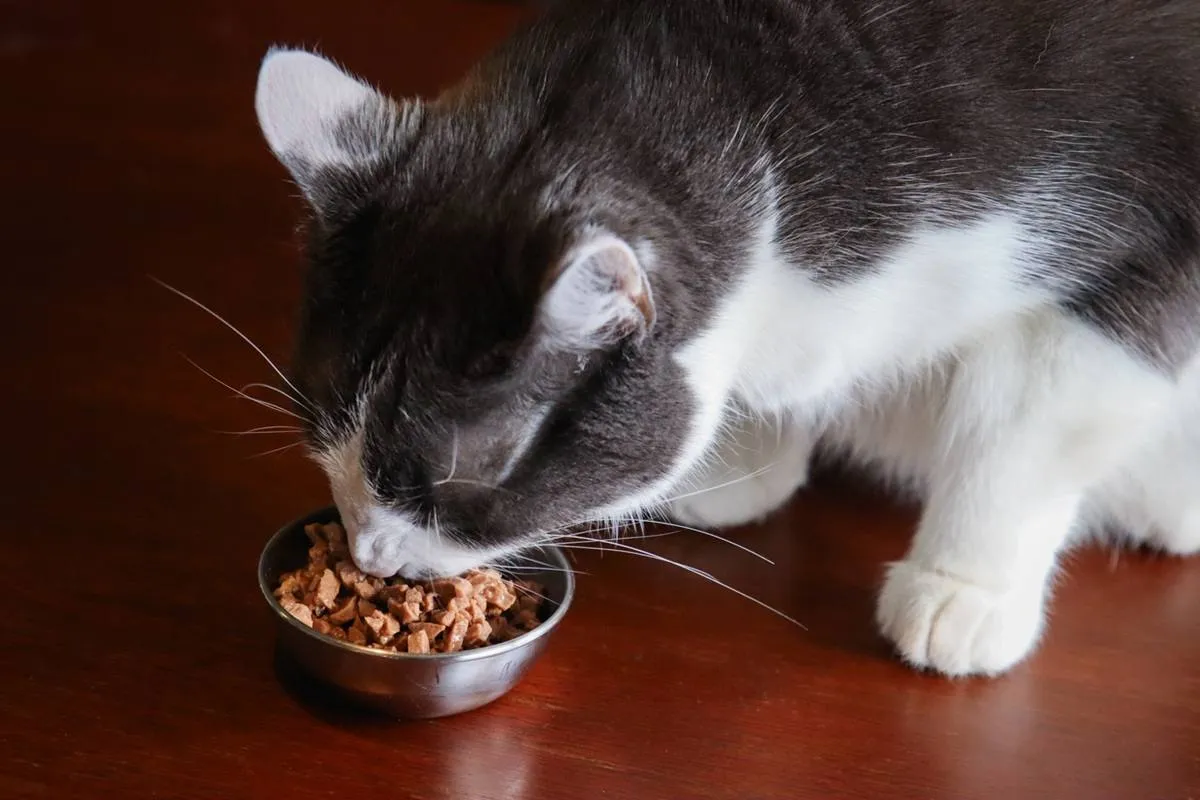 Royal Canin Feline Health Nutrition Adult Instinctive Thin Slices in Gravy Wet Canned Cat Food
Royal Canin Feline Health Nutrition Adult Instinctive Thin Slices in Gravy Wet Canned Cat Food
Understanding Kidney Disease in Cats
Chronic kidney disease (CKD) is the most prevalent form of kidney issues in cats, involving a gradual decline in kidney function. The kidneys normally filter waste from the blood, but when impaired, toxins build up, leading to symptoms like lethargy, weight loss, poor appetite, and dull coat. Polycystic kidney disease (PKD), an inherited condition, causes cysts to form and enlarge, eventually progressing to kidney failure.
Diagnosis typically relies on blood tests measuring creatinine, BUN, and SDMA levels, alongside urinalysis for urine concentration. According to the Cornell Feline Health Center, early detection through these tests is vital for managing progression. While no cure exists, nutritional intervention can slow advancement and improve quality of life, emphasizing the role of a specialized cat kidney disease diet.
Key Principles of Nutritional Management for Kidney Disease
Effective homemade cat food for kidney disease targets three core elements: protein quality, phosphorus levels, and sodium restriction, plus adequate hydration.
Restricted High-Quality Protein
Traditional low-protein diets risked muscle wasting in cats, who require animal-based proteins. Instead, use moderate amounts of highly digestible proteins that produce less waste, preserving lean mass without overburdening kidneys.
Low Phosphorus Levels
Kidneys struggling with filtration can’t handle excess phosphorus, which accelerates damage. Ideal renal diets limit phosphorus to under 0.5% on a dry matter basis, a benchmark for low phosphorus cat food recipes.
Controlled Sodium Intake
Excess sodium raises blood pressure, exacerbating kidney strain. Therapeutic diets keep sodium between 0.5-1 gram per 1,000 kcal, as noted by veterinary nutritionist Martha G. Cline, DVM, DACVN.
High-moisture foods combat dehydration from increased urination, a common CKD issue. Wet or homemade diets with 70%+ moisture excel here, unlike dry kibble.
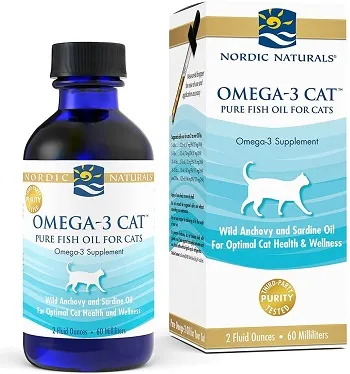 Nordic Naturals Omega-3 Pet Liquid Supplement
Nordic Naturals Omega-3 Pet Liquid Supplement
Prescription Renal Diets vs. Homemade Options
Veterinarian-prescribed renal foods control phosphorus, sodium, and protein precisely, often recommended for advanced cases alongside treatments for anemia or hypertension. Brands like Royal Canin Renal Support offer convenience but may include high carbs, sugars, or by-products.
Homemade cat food for kidney disease shines for customization, avoiding fillers while ensuring fresh, digestible ingredients. However, balance is crucial—poor recipes risk excesses in phosphorus or protein. Always use vet-formulated plans, monitoring via regular bloodwork.
Potential Pitfalls of Homemade Diets for Renal Cats
Standard homemade cat food recipes often exceed safe phosphorus or sodium for CKD cats. Raw diets with bones can spike phosphorus, though some vets like Lyn Thomson, BVSc, report success with ground bone plus binders if needed. Carbs like rice spare protein breakdown for energy, vital for cats low on fat reserves.
Avoid over-restriction; cats need essential amino acids like taurine. Consult your vet before switching, especially for raw feeding, to track phosphate and adjust.
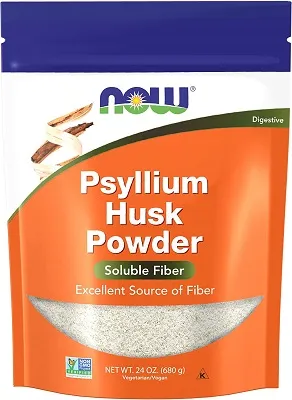 NOW Psyllium Husk Powder
NOW Psyllium Husk Powder
The Ultimate Vet-Approved Homemade Recipe for Kidney Disease
Developed by Dr. Meredith Wall, BVSc, PhD (University of Sydney and Massey University), this chicken and salmon homemade cat food for kidney disease yields 1 kg with balanced macros: 27.8% protein, 54.8% fat, 17.4% carbs from calories; 0.71g phosphorus/1,000 kcal; 70% moisture. Use a digital scale for precision—no substitutions.
Ingredients (1 kg Batch)
- 470g raw boneless, skinless chicken thigh
- 30g pink salmon (canned in water, with bones/skin)
- 90g salted butter, softened
- 220g cooked short/medium-grain white rice
- 100g raw pumpkin or butternut squash (peeled)
- 60g raw chopped spinach, kale, or Swiss chard (stems removed)
Required Supplements (Per Batch)
- 7 ml Nordic Naturals pet liquid omega-3
- 5g NOW psyllium husk powder
- 2 x 1,000mg NOW taurine capsules (contents)
- 1 x 25mg Source Naturals iron tablet (crushed)
- 3 x NOW Daily Vits multivitamin capsules (contents)
- 2 level tsp NOW calcium carbonate powder
- ½ level tsp NOW potassium chloride powder
- 2 x 500mg Nature’s Way choline tablets (crushed)
Step-by-Step Instructions
- Steam rice until very soft; cool slightly, measure 220g, mix in butter.
- Microwave pumpkin/spinach with 1 tsp water until soft; cool and mash.
- Sauté chicken until cooked, mince finely (or use fresh raw human-grade).
- Combine rice mixture, veggies, chicken, and salmon.
- Add psyllium and omega-3; mix well.
- Incorporate remaining supplements; stir thoroughly.
- Cool completely; store in airtight container (fridge 3-5 days, freeze portions).
Portion and roll into balls for freezing if sticky issues arise. Full details and updates at Veterinary Nutrition Group.
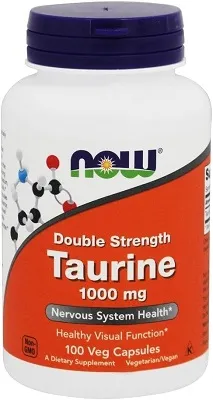 NOW Taurine (1,000mg) Capsules
NOW Taurine (1,000mg) Capsules
Essential Supplements for the Recipe
These ensure completeness; initial costs are higher but yield multiple batches. Stick to specified brands for accuracy.
1. Nordic Naturals Omega-3 Pet Liquid
Supports skin, coat, and inflammation. Buy on Amazon.
2. NOW Psyllium Husk Powder
Soluble fiber for gut health. Buy on Amazon.
3. NOW Taurine 1,000mg Capsules
Essential for heart/eyes; empty capsules. Buy on Amazon.
4. Source Naturals Iron 25mg Tablets
Boosts oxygen transport; crush finely. Buy on Amazon.
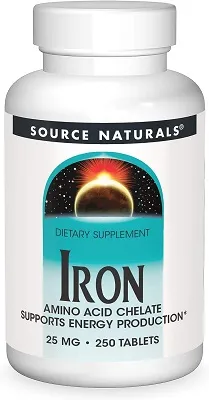 Source Naturals Iron (25mg) Tablets
Source Naturals Iron (25mg) Tablets
5. NOW Calcium Carbonate Powder
Bone support; vet may adjust for hypercalcemia. Buy on Amazon.
6. NOW Potassium Chloride Powder
Muscle/nerve function; balance with other minerals. Buy on Amazon.
7. Nature’s Way Choline 500mg Tablets
Brain health precursor; crush. Buy on Amazon.
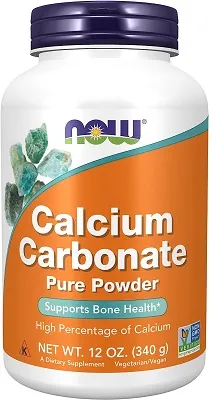 NOW Calcium Carbonate Powder
NOW Calcium Carbonate Powder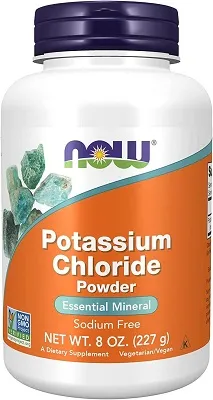 NOW Potassium Chloride Powder
NOW Potassium Chloride Powder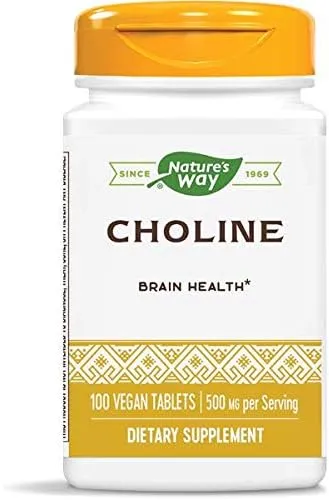 Nature’s Way Choline (500mg) Tablets
Nature’s Way Choline (500mg) Tablets
Regular vet check-ups with bloodwork are essential to monitor CKD progression, medication efficacy, and nutrient balance. A well-formulated homemade cat food for kidney disease reduces kidney stress, enhances hydration, and maintains vitality.
Consult your veterinarian before implementing this or any renal diet. For more on feline nutrition, explore our guides on kidney supplements and homemade cat food basics.
References
- Cornell Feline Health Center: Chronic Kidney Disease
- Veterinary Nutrition Group: Dr. Meredith Wall’s Recipe
- Today’s Veterinary Practice: Nutritional Management of CKD
- Feline-Nutrition.org: Phosphorus in Raw Diets
